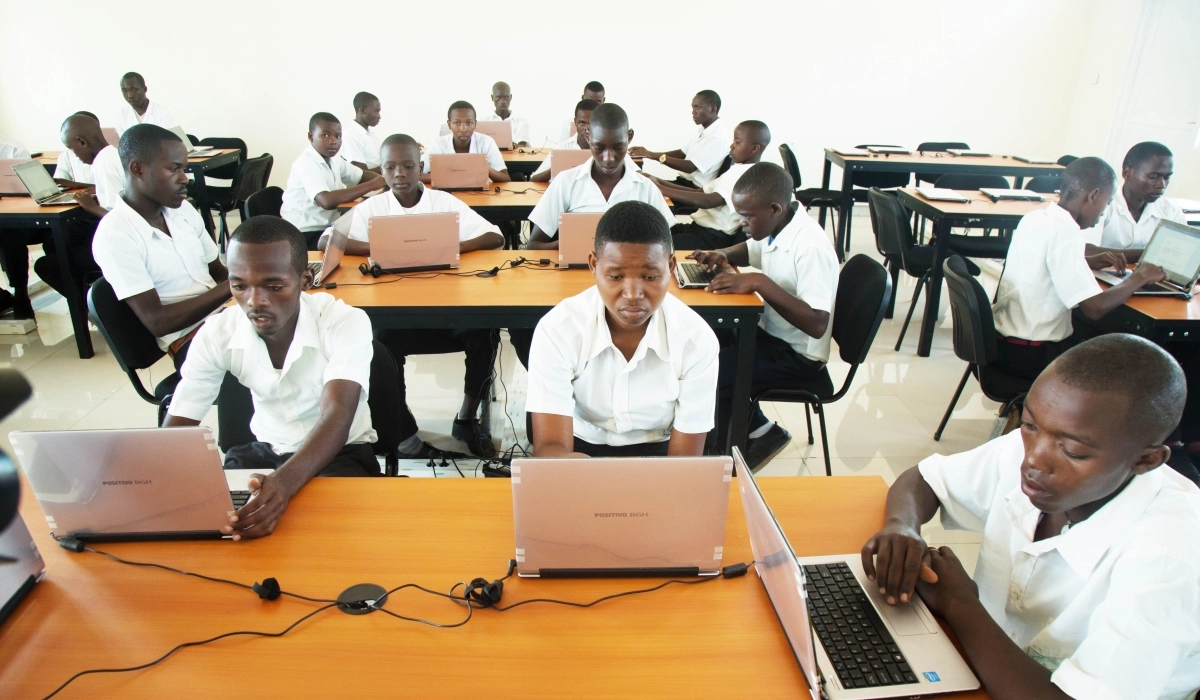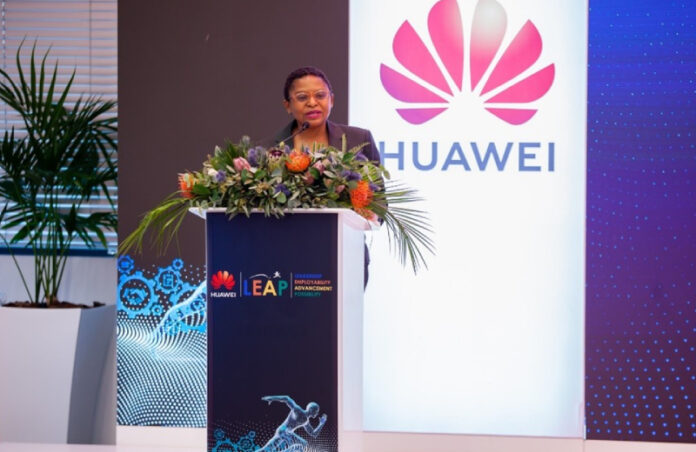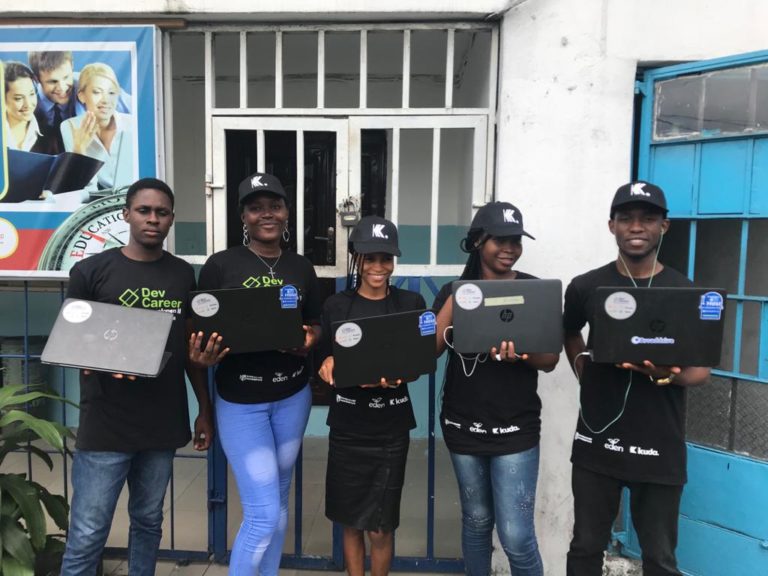Rwanda is Set to Connect 3,000 Schools to the Internet Come 2024

According to Paula Ingabire, minister of ICT and innovation, nearly 3,000 schools without an internet connection will have it by 2024 thanks to funding from the World Bank and China Exim Bank.
Ingabire revealed the information last week while responding to questions on the ICT industry at a plenary session of the Chamber of Deputies.
There are currently 6,756 schools in the nation, including primary, secondary, and TVET institutions, according to her. She mentioned that out of these schools, 3,000 or roughly 44.4% of them do not have internet access.
Nemba Primary School in the Gakenke district is one of the schools without internet connectivity, according to Jean-Bosco Munyembabazi, the school’s head teacher.
He asserted that “living without it is a form of isolation, like living in a region where one has no access to a road,” and that it is necessary.
“There are systems that schools employ that require the internet, such as the Teacher Management Information System (TMIS) and SDMS [School Data Management System],” he stated.
Additionally, the Rwanda Education Board (REB) posts textbooks online and demands that we purchase them, but we lack internet access. Therefore, you realize that getting access to these instructional tools is another difficulty, and we are still waiting for it to be resolved,” he noted.
However, he added that using the internet to conduct simple online research might benefit students’ learning.
Moving forward, according to Ingabire, the government has a plan to implement the Smart Education Project, which would involve connecting all remaining schools to the internet.
She said, referring to the Smart Education Project, “We will connect at least 1,500 schools under the $30 million finance we secured from China Exim Bank, under which the project has started, so the 1,500 schools will be connected to the internet from this year (2023) to the next” (2024).
Additionally, she mentioned a $200 million World Bank-funded project called the Rwanda Digital Acceleration Project that will be implemented in five years, indicating that a significant portion of that funding was set aside for infrastructure “for the last mile connectivity, including internet access for schools.”
In general, the goals of the World Bank-financed project are to widen access to broadband, develop the ecosystem for digital innovation, and provide digital public services.
By 2024, she noted, “it was noticed that around 3,000 schools that are not linked to the internet would have access to it thanks to the funding from the China Exim Bank and those from the World Bank.”
She added that providing electricity to schools without it, including the use of solar energy when practical, is another consideration.







